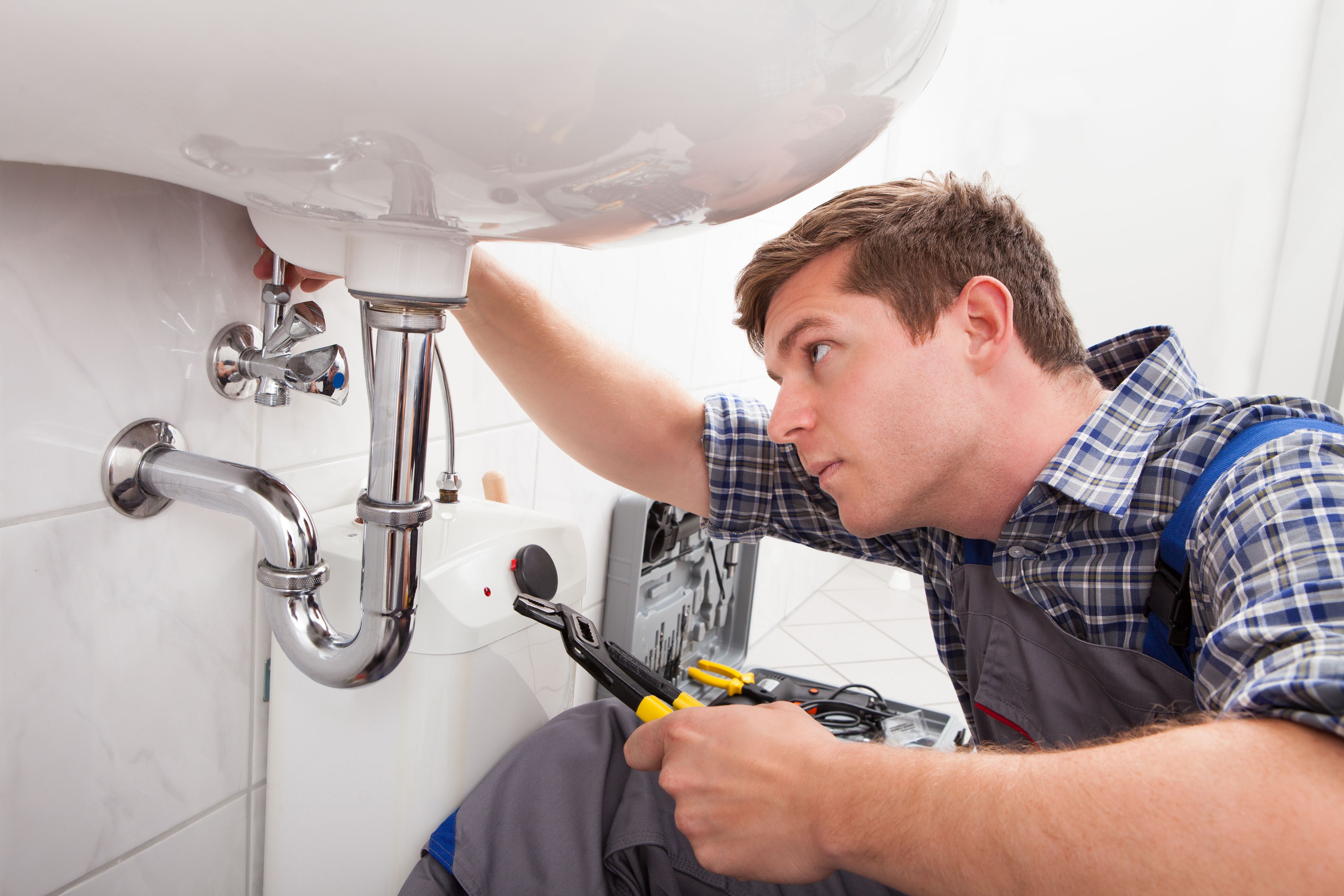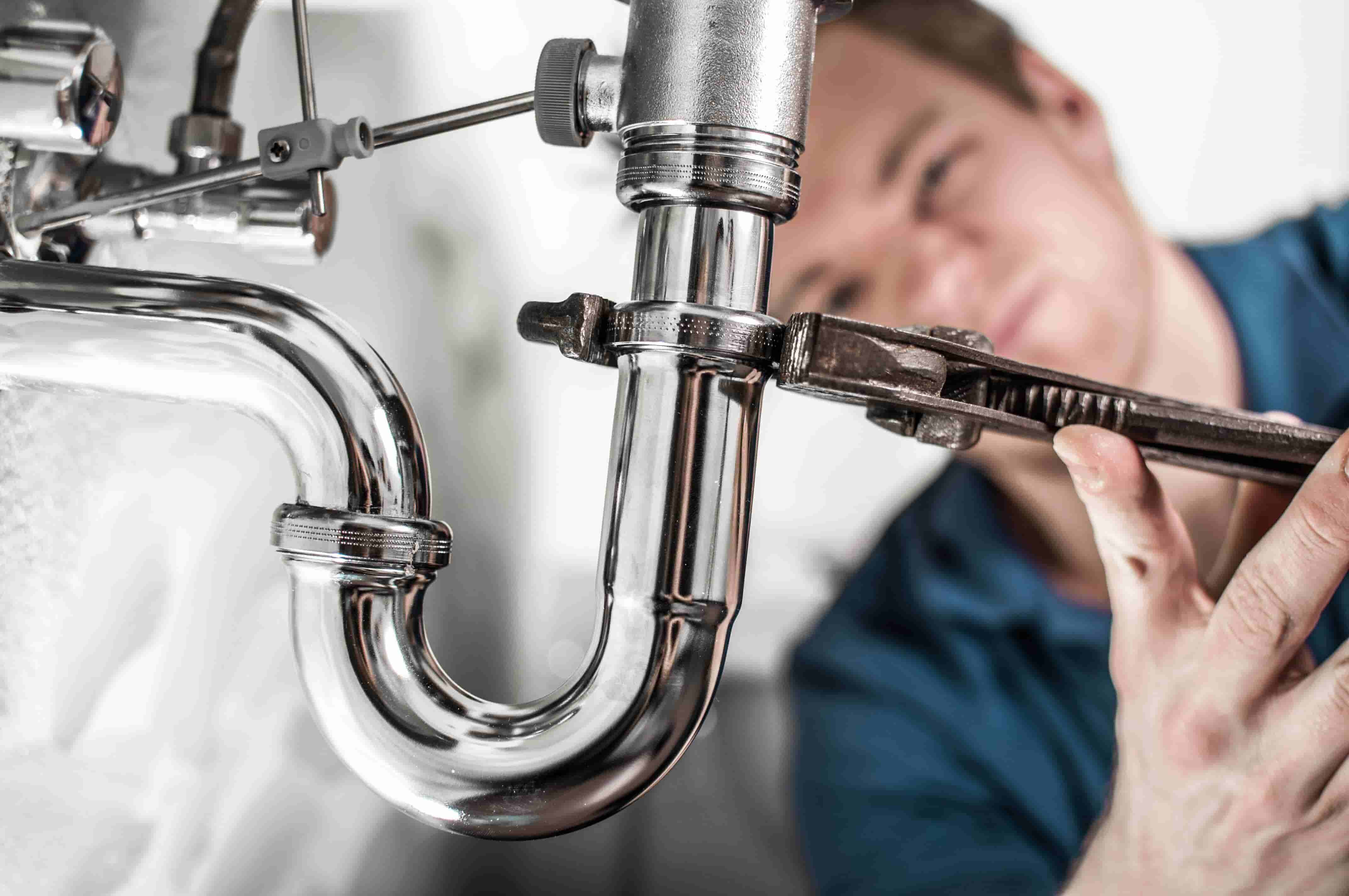Green Water Alternatives: Enhancing Your Home's Eco-Footprint
Green Water Alternatives: Enhancing Your Home's Eco-Footprint
Blog Article
Here in the next paragraphs you can get a lot of very good insights relating to Eco-Friendly Plumbing: Transform Your Home.

Intro
In today's world, lasting living is becoming progressively important. One area where home owners can make a considerable impact is through green plumbing options. By adopting environmentally conscious practices, houses can lower their water and power usage while contributing to a healthier planet.
Greywater Systems
Greywater describes delicately made use of water from resources such as showers, sinks, and washing equipments. Rather than letting this water go to waste, greywater systems reuse it for non-potable usages such as landscape watering and toilet flushing. By executing a greywater system, property owners can preserve fresh water sources and decrease pressure on local wastewater therapy facilities.
Rain Harvesting
Rainwater harvesting entails accumulating and storing rainwater for numerous functions, including watering, commode flushing, and washing. Rain harvesting systems generally include a collection surface (such as a roof covering), rain gutters, downspouts, and storage tanks. By harvesting rain, property owners can minimize their dependence on community water sources and save fresh water resources.
Solar Water Heaters
Typical water heaters rely on nonrenewable fuel sources or electrical power to heat water, contributing to carbon emissions and energy consumption. In contrast, solar water heaters use sunlight to warmth water, offering a sustainable and environmentally friendly alternative. By utilizing solar energy, homeowners can decrease their power costs and reduce their carbon footprint.
Green Pipeline Materials
Traditional pipes products such as copper and PVC can have adverse ecological impacts throughout production and disposal. Nevertheless, there are lasting options readily available, such as recycled steel, cross-linked polyethylene (PEX), and high-density polyethylene (HDPE). These environment-friendly pipe materials use durability, durability, and reduced ecological effect.
Water-Efficient Components
Traditional fixtures frequently drainage unnecessarily. Nevertheless, modern-day low-flow commodes, faucets, and showerheads are designed to decrease water use without sacrificing efficiency. These fixtures can considerably reduce home water consumption, causing reduced water bills and a decreased ecological impact.
Energy-Efficient Devices
In addition to water-efficient fixtures, energy-efficient devices can better minimize a household's ecological impact. High-efficiency washing makers and dish washers make use of much less water and power per cycle, assisting to conserve resources and reduced energy expenses. When purchasing devices, look for power CELEBRITY ® accredited models for optimal effectiveness.
Smart Water Management Equipment
Advances in technology have made it easier than ever to check and optimize water usage in the home. Smart water monitoring systems make use of sensors and data analytics to track water use in real-time, identify leaks, and give understandings for preservation. By applying clever water management services, house owners can decrease waste and take full advantage of effectiveness.
Health Benefits
In addition to ecological advantages, environmentally friendly plumbing can likewise add to improved indoor air high quality and health and wellness. By using non-toxic products and minimizing chemical exposure, homeowners can create a much healthier living environment on their own and their family members.
Government Incentives
Many governments offer economic incentives to urge property owners to take on environmentally friendly plumbing methods. These incentives may include rebates, tax credit histories, and low-interest loans for energy-efficient upgrades. By making use of these programs, homeowners can make eco-friendly enhancements much more inexpensive and easily accessible.
Price Considerations
While eco-friendly pipes options may have greater upfront costs than conventional choices, they frequently give lasting savings via decreased water and energy expenses. Furthermore, numerous federal governments supply incentives such as rebates and tax credit scores for eco-friendly upgrades, assisting to balance out preliminary expenditures.
Installation and Upkeep
Appropriate installment and normal maintenance are necessary for making certain the efficiency and longevity of green plumbing systems. It is very important to work with qualified professionals to mount and service these systems to avoid problems and take full advantage of performance. Routine upkeep tasks such as checking for leakages and cleaning up filters can likewise help protect against problems and enhance efficiency.
Environmental Advantages
The environmental advantages of green plumbing are significant. By preserving water and power, property owners can minimize their carbon footprint and lessen their influence on natural resources. Furthermore, eco-friendly pipes techniques can help shield environments and protect biodiversity for future generations.
Verdict
In conclusion, environmentally friendly pipes options provide countless benefits for home owners and the atmosphere alike. By buying water-efficient fixtures, greywater systems, rainwater harvesting, solar hot water heater, environment-friendly pipe products, energy-efficient appliances, smart water administration systems, and various other sustainable solutions, houses can reduce their environmental footprint, reduced their utility bills, and add to a much healthier world for future generations.
The Eco-friendly Home: Sustainable Residential Plumbing Practices
Water Conservation
Water is one of our planet’s most valuable resources, and conserving it should be a top priority for all homeowners. Full Spectrum Plumbing Services is committed to helping you reduce your water consumption through eco-friendly plumbing solutions. One of the simplest yet most effective ways to do this is by installing low-flow fixtures, such as faucets, showerheads, and toilets. These fixtures are designed to use significantly less water while maintaining optimal performance. By making this switch, you not only lower your water bills but also contribute to water conservation efforts.
Tankless Water Heaters
Traditional water heaters store hot water in tanks, constantly reheating it to maintain a consistent temperature. This method is not only energy-intensive but also results in heat loss. Tankless water heaters, on the other hand, heat water on-demand, providing hot water instantly without the need for a storage tank. This not only reduces energy consumption but also frees up valuable space in your home. Full Spectrum Plumbing Services can help you make the switch to a tankless water heater, saving you money and reducing your environmental impact.
Fixing Leaks
A dripping faucet or a running toilet may seem like minor inconveniences, but they can waste a surprising amount of water over time. Leaks not only drive up your water bill but also strain local water resources. Full Spectrum Plumbing Services offers expert leak detection and repair services to ensure your plumbing system is watertight. By promptly fixing leaks, you not only save water but also prevent water damage to your home.
Greywater Recycling
Greywater refers to the relatively clean wastewater from your sinks, showers, and washing machines. Instead of letting this water go to waste, consider recycling it for non-potable uses like landscape irrigation and toilet flushing. Full Spectrum Plumbing Services can help you install a greywater recycling system that collects, filters, and redistributes this water efficiently. By doing so, you not only reduce your freshwater consumption but also lower your utility bills.

I am just very occupied with Sustainability Remains Key Trend in Plumbing Practices and I'm hoping you appreciated the blog posting. Don't hesitate to take the opportunity to promote this blog if you liked it. I cherish your readership.
Make An Appointment Report this page